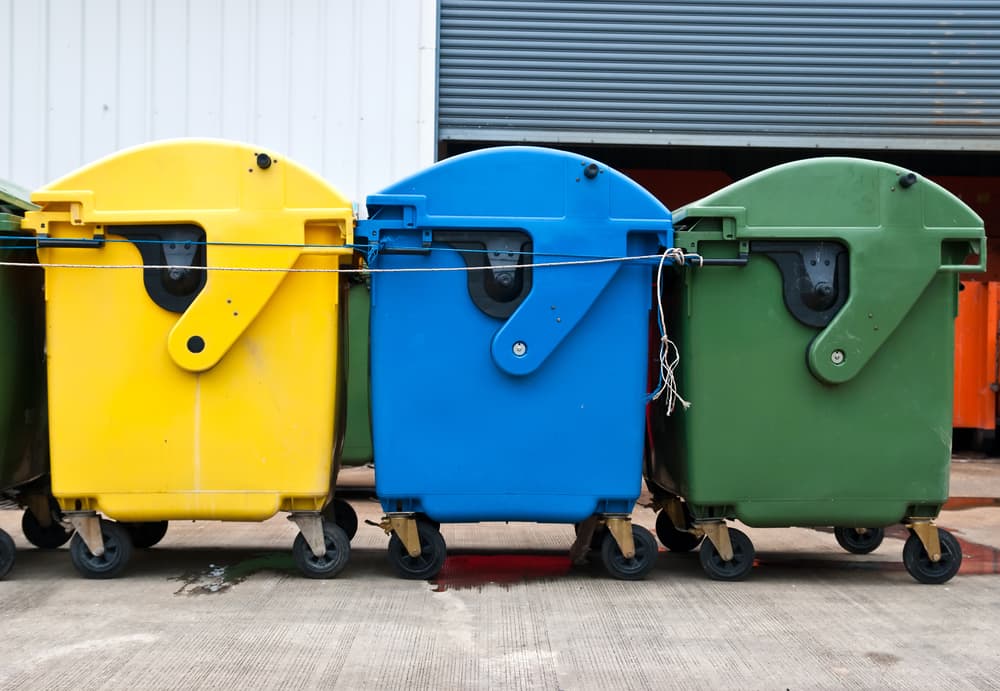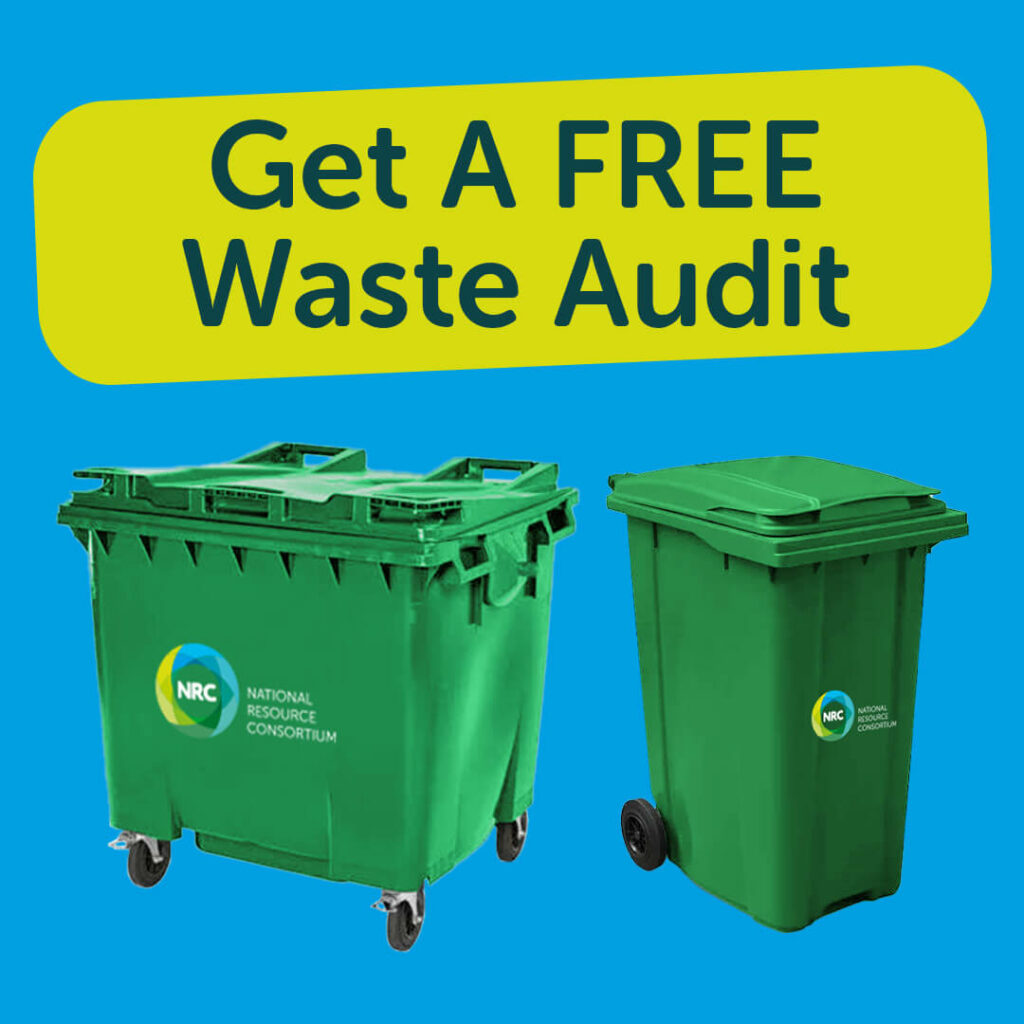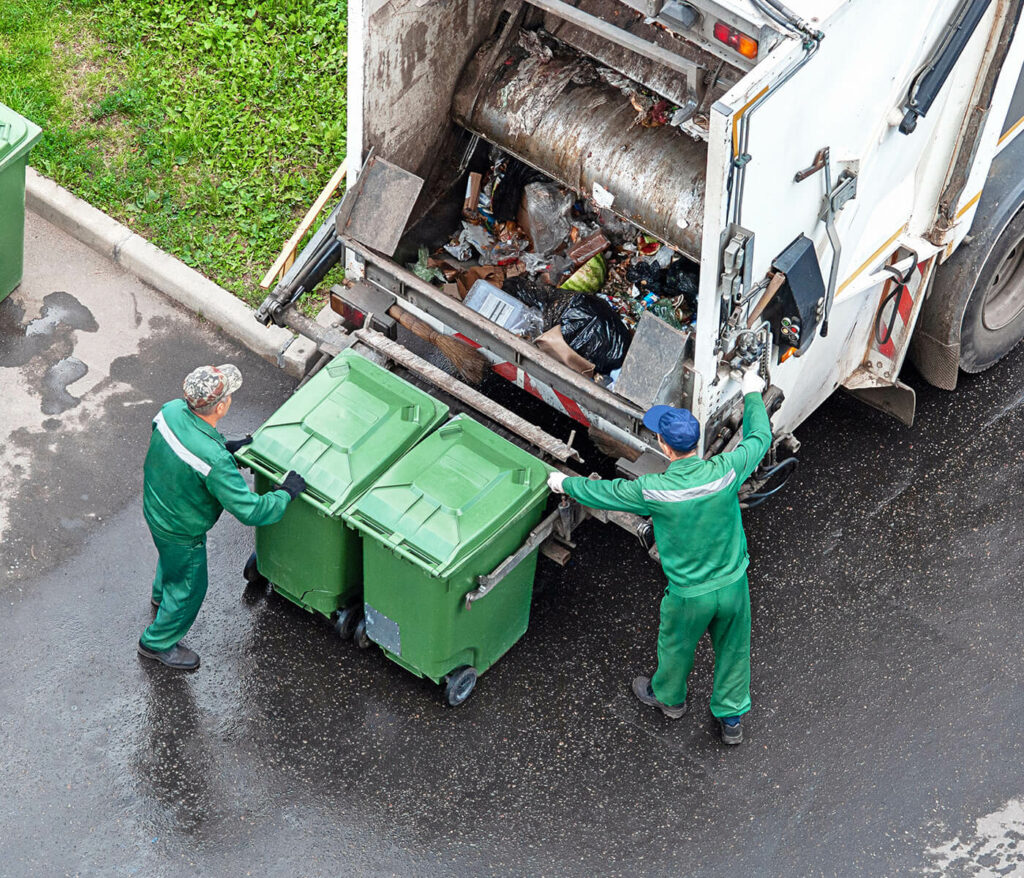May 9th, 2024

In today’s environmentally conscious and data-secure world, the disposal of X-rays by businesses is not just a matter of cleaning out old files; it’s a critical process that can significantly impact your organisation’s environmental footprint, security, and compliance.
As medical facilities and other businesses transition to digital records, the question arises: What should be done with old, unwanted X-rays? At NRC we’re experts in all things business waste. So, to help you stay compliant and sustainable, we’ve pulled together all the information you need to make sure you’re disposing of your x-rays and wider medical waste in the best way possible. Let’s get into it.
Key Points
- The Importance of Proper X-Ray Disposal
- Understanding X-Ray Composition
- Steps for Responsible X-Ray Disposal
- Manage Your Medical Waste With NRC Business Waste
The Importance of Proper X-Ray Disposal
X-rays contain confidential information that, if mishandled, can lead to regulatory fines, damaged reputation, and loss of business. Beyond data security, X-ray films are made from plastic coated with silver – a valuable resource that can be recycled instead of ending up in landfills. Therefore, the proper disposal of X-rays is not just a legal obligation but also an opportunity to contribute positively to environmental sustainability.
Understanding X-Ray Composition
Before delving into disposal methods, knowing what X-rays are made of is helpful. X-ray films consist of a clear film, typically made from PET plastic and coated with a silver substance. This composition means X-rays are recyclable. The silver captures the image during an X-ray procedure, and while digital imaging is increasingly common, many facilities still use traditional X-ray films.
Steps for Responsible X-Ray Disposal
Properly disposing of your waste X-rays is important, not just for legal compliance but also for protecting privacy and the environment. Here’s a straightforward approach to managing this responsibly:
Know when X-rays are no longer needed
Keep X-rays only as long as they serve a purpose. Once they’re not needed, due to privacy laws like GDPR, it’s time to think about disposing of them.
Choosing a professional disposal service
When it comes to choosing a waste expert, you need someone with experience you can trust to handle your X-rays correctly. We have decades of experience in managing all kinds of medical waste – get in touch today to see how we can help you.
Disposal Process
The disposal process for X-rays is fairly simple:
- Shredding: The X-rays are shredded to protect any sensitive information.
- Chemical Treatment: The shredded pieces undergo a chemical process to separate the silver from the plastic.
- Recycling: Finally, the silver is recycled and repurposed, while the plastic is processed into new products. Paper packaging is also recycled.
Receiving a Certificate of Disposal
Once the process is complete, you’ll receive documentation certifying the responsible disposal of your X-rays, which is really important for your compliance and record-keeping.
The Consequences of Improper Disposal
Ignoring proper disposal methods for X-rays can expose sensitive information, lead to fines, and damage your business’s reputation. Always work with licensed professionals like us to ensure secure and environmentally responsible disposal.
Benefits of Proper Disposal
There are a number of benefits to the proper disposal of X-ray waste. These include:
- Data Security: Ensures patient and client information remains confidential.
- Environmental Impact: Helps reduce landfill waste and conserves resources by recycling valuable materials.
- Maintaining Compliance and Reputation: Demonstrates your commitment to ethical practices and legal standards, enhancing your business’s credibility.
Manage Your Medical Waste With NRC Business Waste
Handling X-ray disposal and other medical waste can be tricky, but it’s super important for keeping private information safe and protecting our environment. While we at NRC might not have a specific service just for X-ray waste right now, we’re here to help you figure out the best way to include this in your overall plan for getting rid of clinical waste.
We know it’s a lot to think about, and that’s why we’re here. If you’re trying to manage your clinical waste and need some advice or help, especially with X-rays, just reach out to us. Our team is ready to support you and make sure your business waste disposal is done the right way – keeping things safe, green, and according to the rules.
So, if you’re looking for some help or have any questions, give us a shout at NRC. We’re all about finding the right answers for your business, making sure you’re all set with your clinical waste needs. Let’s work together to make waste disposal easier and more responsible for everyone.





